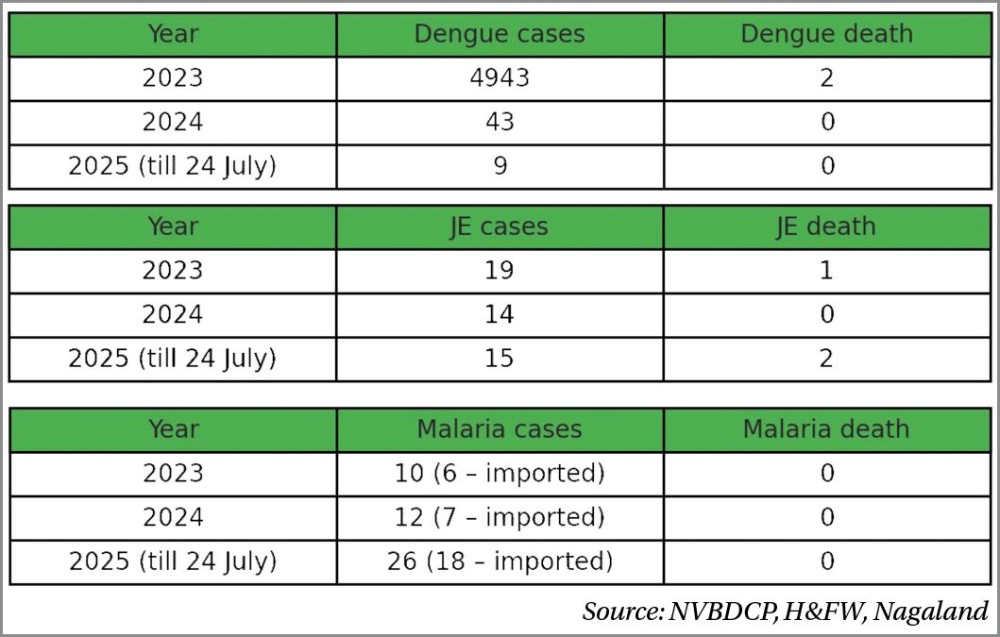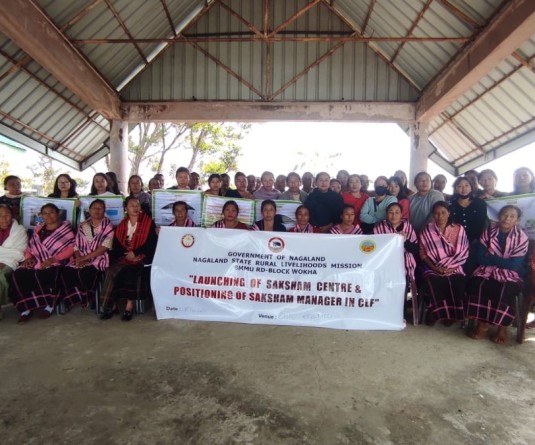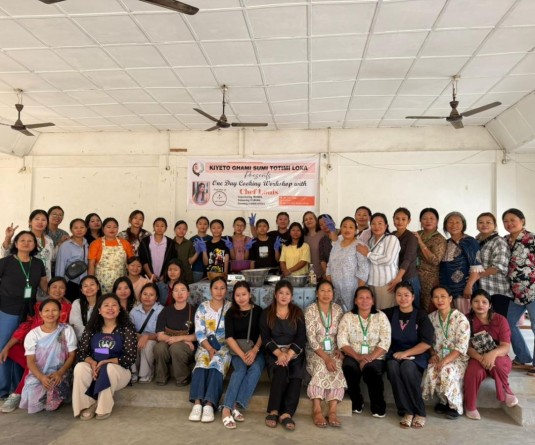
Morung Express News
Dimapur | July 25
A recent serological survey pointed to an elevated prevalence of the Japanese Encephalitis (JE) Virus among backyard pig population in areas sampled in Dimapur and Chümoukedima. This was revealed during an ‘Advocacy meeting on prevention and Control of Vector Borne Diseases’ in Chümoukedima on July 25. The advocacy saw the convergence of the National Vector Borne Disease Control Programme (NVBDCP), Department of Health & Family Welfare (H&FW), and Veterinary Department interacting with an assembly of community leaders at the Chümoukedima Town Council Hall.
The event was backdropped by two JE fatalities reported in the month of July in Dimapur. (Refer tables)
The serosurvey was conducted, this month, by the Department of Animal Husbandry & Veterinary on the request of the H&FW department after Dimapur and Chümoukedima reported JE cases.
According to the Chief Veterinary Officer (CVO), Chümoukedima, it was a localised random sampling at three small pockets. The samples were tested at the Assam Agricultural University’s College of Veterinary Science, Guwahati, as Nagaland has no laboratory facility to conduct such a test.
The samples were collected from three locations— Police colony and Kuda village in Dimapur, and Tenyiphe-3 in Chümoukedima. Said to be the first serosurvey of JE virus among pig populations in the two districts, it focused on households with backyard pig-rearing practices.
Some 15-20 samples were collected from each of the sampled locations. In total, 54 samples were collected, more than 50 percent of which were found to be positive for the JE virus. While the localised scope of the survey cannot project for the two districts in general, it implied a rather high prevalence, as told to The Morung Express by the Chümoukedima CVO, Dr Imlimenla Imchen.
Dr Imchen held that prevalence would be high, “If we have to screen the whole village or the locality (or district).”
She however maintained that they cannot tell people to stop backyard pig-rearing as there is reportedly no such law. “So awareness has to be created, with regard to this, because we cannot tell them to cull the animals (and) because it has economic importance,” she said. The households, whose pigs were detected to be carrying the virus, were informed, she added.
According to her, awareness campaigns should lay emphasis on hygiene and sanitation. If they have to rear them, she recommended rearing them farther away from human dwellings. As far as hygiene and sanitation was concerned, she said that there should be proper drainage of waste, and preventing water-logging in the sty as well as outside.
While the pigs are not affected by the virus, they serve as carriers or unaffected hosts. Mosquitoes, which bite the pigs, transfer it to humans. Dr Imchen informed that there is no JE vaccine for pigs, or animals, under the national programme.
Dr Tinurenla Anichari, Deputy Director, NVBDCP, H&FW, further informed that the JE cases thus far, this year, has been from Dimapur. She asserted that only with public awareness and stronger public participation can vector borne diseases be prevented.






